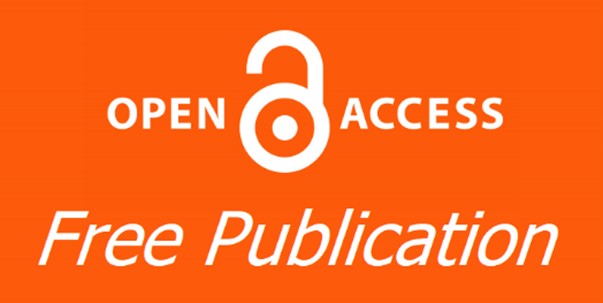Article Type
Article
Abstract
Objective: To evaluate the endoscopic management of pediatric allergic fungal sinusitis as regard management protocol, and some predictive factors for prognosis of AFS as (vitamin D3 level, IgE level, orbital extension, and patient age).
Patients and methods: A prospective study was done on patients of pediatric age group presenting with allergic fungal sinusitis (AFS) in the period from March 2012 to January 2017, Ten pediatric patients were included in this study. 7 male and 3 female, their age ranged from 8 years to 16 years (13.6).
Results: postoperative evaluation showed resolution of nasal and orbital manifestations, gradual resolution of proptosis and periorbital oedema occurred in all patients, No major postoperative complications were encountered, The post-operative follow up period ranged between 14 months and 58 months (32.2 months in average), Recurrence occurred in 3 cases without orbital manifestations.
Conclusions: Endoscopic management of pediatric AFS was effective and safe technique with improvement of all nasal and orbital manifestations post operatively, Management of each case of AFS should be individually tailored according to clinical, radiological and operative findings, Severe disease form is highly regarded in pediatric AFS due to delicate anatomy with difficulty in management and follow up, Many prognostic parameters could be used in pediatric AFS as vitamin D3 and IgE level; however other researches with larger study group are required. Keywords: Endoscopic surgery, fungal, allergic, mucin, sinus, pediatric endoscopic surgery.
Keywords: Endoscopic surgery, fungal, allergic, mucin, sinus, pediatric endoscopic surgery.
Recommended Citation
Eladl HM, Wahba BA, Khafagy YW,
et al.
Endoscopic management of pediatric allergic fungal sinusitis, case series and prognostic parameters evaluation.
Pan Arab J. Rhinol.
2017;
7 : -.
Available at:
https://pajr.researchcommons.org/journal/vol7/iss2/2
















